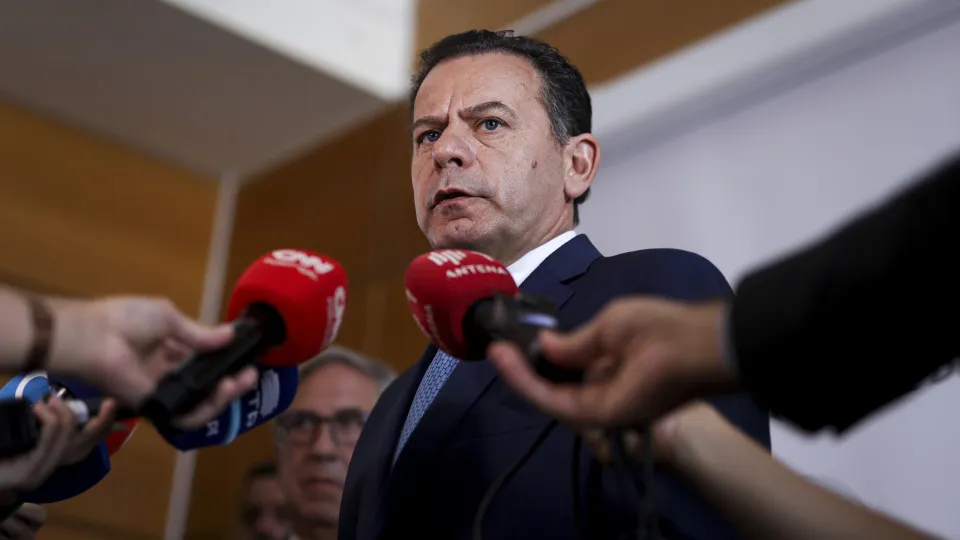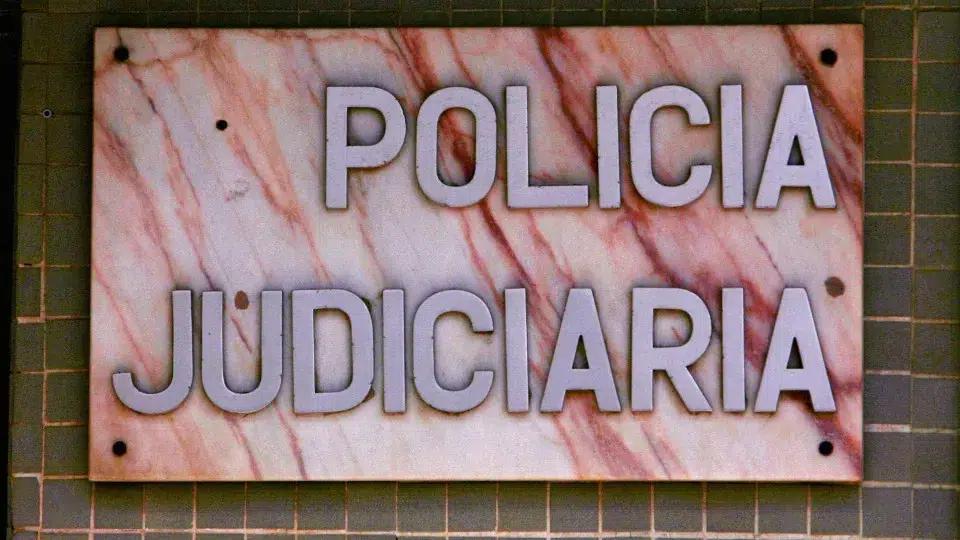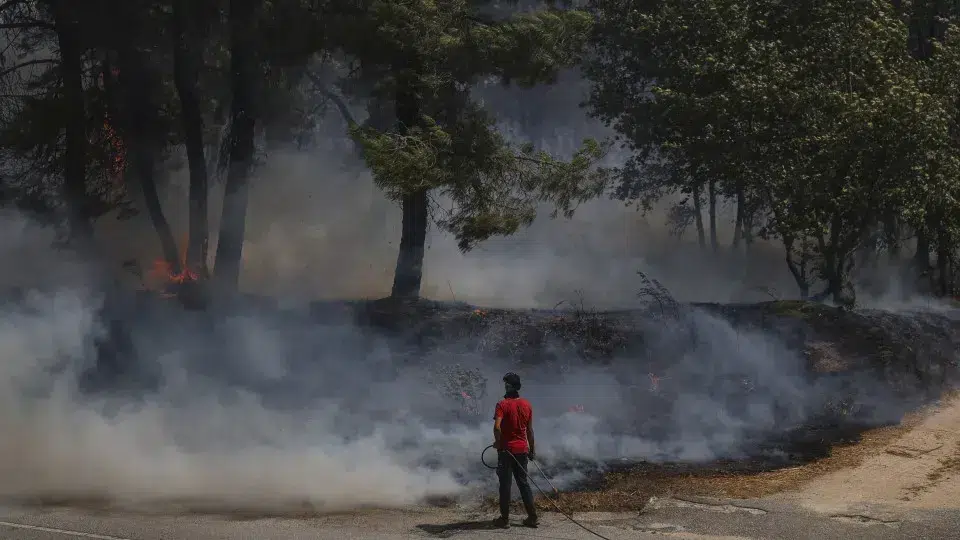After Prime Minister Luís Montenegro announced on Thursday the approval of the privatization of 49.9% of TAP’s share capital, Infrastructure and Housing Minister Miguel Pinto Luz, and Finance Minister Joaquim Miranda Sarmento have addressed the matter.
The Finance Minister highlighted that “this is a crucial process” for the country, as the airline is important not only for the tourism sector, but also because taxpayers were called upon “to capitalize the company”, particularly with financial support during the pandemic.
Meanwhile, Pinto Luz emphasized that the company “makes the Portuguese proud.” “It is a company that has suffered over the decades, since its inception, with shifts and turns”, he remarked.
“It needs private capital to enable growth and needs an airport,” he added, noting the 16 million passengers it serves annually and its fleet of 100 planes. Comparing it to other operators, and speaking of the pride it holds, he stated: “Today TAP is no more than a medium-sized operator.”
The minister further stated that through the privatization, the government aims to recover the amounts invested by the state, keep TAP in Lisbon, and achieve restructuring and maximization of the company. “We want to keep TAP in Portugal”, he reaffirmed.
Pinto Luz also emphasized that TAP SA filed for the insolvency of the former TAP SGPS, with a debt of 178 million to Azul. When asked about this, he stated: “TAP SA’s relationship concerning Azul is strictly related to the guarantees. They are being negotiated between the parties. It’s a separate matter from the responsibility of a company that is insolvent and its creditors. These are separate businesses.”
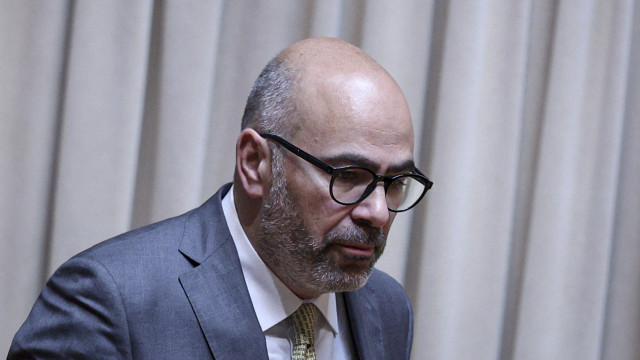
TAP submitted a request for the insolvency of its former holding TAB SGPS, now named SIAVILO, revealed Infrastructure Minister Miguel Pinto Luz today.
Lusa | 19:55 – 10/07/2025
Timeline and New Faces
The government expects the four stages of the TAP privatization process to be completed within one year, although the timeline is dependent on regulatory approvals.
“Sixty days now, then 90 for the second phase, another 90 and then negotiation. We believe by July next year”, he pointed out when asked if he believed this was a process that would still be concluded in this legislative session.
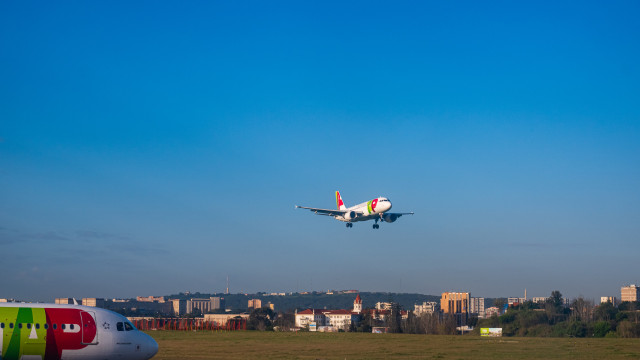
The government hopes to have the four stages of the TAP privatization process completed within a year, although the schedule depends on regulatory approvals.
Lusa | 17:07 – 10/07/2025
In this new chapter for TAP, there is also a new Chairman of the Board checking in: Carlos Oliveira, a former Secretary of State for Entrepreneurship and Innovation.
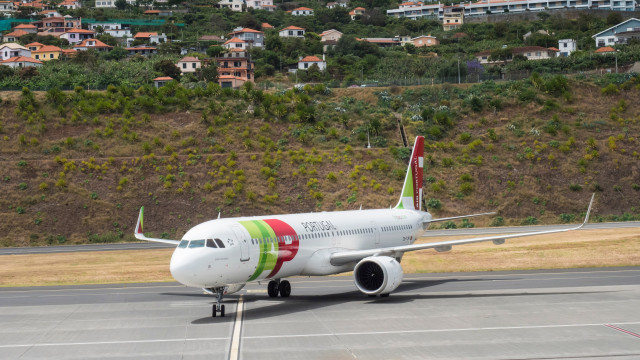
The government has appointed Carlos Oliveira, former Secretary of State for Entrepreneurship and Innovation, as Chairman of the Board of TAP.
Lusa | 17:08 – 10/07/2025
For this privatization process, the government has engaged Daniel Traça, Luís Cabral, and Rui Albuquerque to support the execution of objectives and others.
The Buyer, the Museum, and the 3.2 Billion Euros
After the presentation, the Finance Minister was asked about the minimum value, which he refused to disclose, due to the possibility of undermining future negotiations.
Concerning a possible recovery of the 3.2 billion euros injected by the state into TAP, it is a challenging task, said Miranda Sarmento, emphasizing that any evaluation should be based on market reality and not misplaced estimates.
“We must be precise and look at the facts and reality. If 49.9% of TAP were worth 3.2 billion euros, it would imply that TAP is worth 6.4 billion euros. Air France-KLM, which has six times more planes and carries six times more passengers and is publicly listed, is valued at 3 billion euros on the stock market,” he said, noting: “For TAP, which is six times smaller than Air France-KLM, to be worth double the company, it seems that reality and facts do not align with that statement.”
Meanwhile, Miguel Pinto Luz explained that the future purchaser of TAP will handle management, while the state will retain the final say in decisions.
“The buyer will have day-to-day management, but the state will have a say on critical decisions like maintaining the hub, headquarters, or strategic routes”, explained the minister.
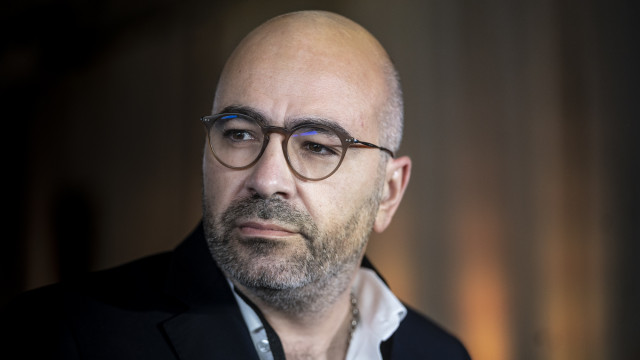
The model to be included in the TAP privatization terms stipulates shared management through a shareholder agreement to be discussed with the future buyer, ensuring the state maintains a say in critical decisions.
Lusa | 19:16 – 10/07/2025
Regarding airport changes, the government announced it has asked NAV to design a project that would allow the new control tower at Humberto Delgado Airport in Lisbon to be converted into a museum once the airport is dismantled in 10 years.
Review the briefing below:
In this process, it should be noted that the government intends to divest up to 49.9% of the airline’s capital through direct sale, reserving up to 5% for employees, as per the privatization law.
The goal is for “44.9% to go to an investor and 5% to workers,” as detailed by Luís Montenegro earlier today.
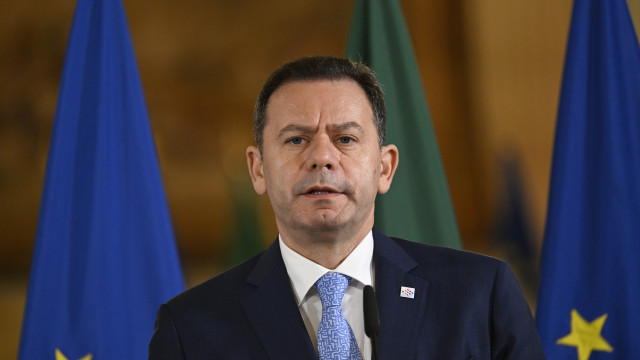
Prime Minister Luís Montenegro announced this Thursday that the government approved the privatization of 49.9% of TAP. The goal is for “44.9% to go to an investor and 5% to workers,” Montenegro detailed.
Beatriz Vasconcelos with Lusa | 12:33 – 10/07/2025
[Updated at 18:57]
Related Reading: PCP, Livre, BE, and PAN criticize “wrong choice” of TAP privatization


